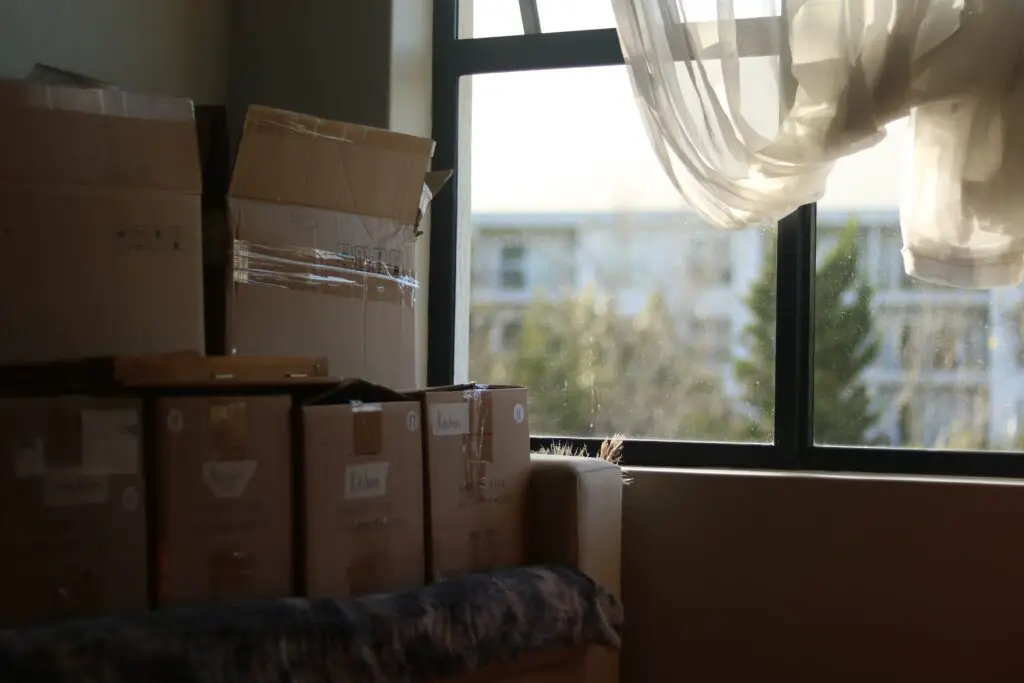The United Arab Emirates (UAE) has evolved as a highly sought-after location for expats looking to migrate, with Dubai and Abu Dhabi standing out. According to an HSBC poll, the UAE offers the greatest lifestyle for expats due to a number of reasons, including the excellent quality of life and the ease of settling in the country. Are you also considering moving to Dubai? If that’s the case, then we have made an all-covering checklist for you to follow.
Find Property
Accommodation is one of the key things to take care of. Ready-to-move houses in Dubai are a popular alternative for expats since they are residences that are either completed or are nearing completion and are available for direct sale from the seller or builder. Here are the usual property expenses to anticipate when relocating to Dubai:
- Deposit — The minimum deposit for expats to purchase a home is 25% of the purchase price.
- Security deposit — 5% of the yearly rent for a furnished home and 10% for an unfurnished unit.
- Agency fees — If you rent via an agency or broker, you will be charged an extra 5% of the yearly rent for a residential property and 7-10% for a commercial property.
- DEWA (Dubai Electricity and Water Authority) — The exact cost varies on use, but the DEWA bill for a 900 sq. ft. flat is roughly AED600 ($135.24) each month.
- Housing fees (Dubai municipal charge) — 5% of yearly rent paid in 12 installments, applied to your DEWA bill.
- Ejari fees — At a cost of around AED220 ($49.59), all renters must be registered with the Ejari system, an accord registration platform run by the Dubai Land Department (DLD).
- Chiller fees — Air conditioning expenses from Emicool or Empower that vary depending on the supplier, property size, and consumption.
To make your relocation process as easy as possible, you can always turn to a monthly luxury car rental Dubai. Hire a car based on your needs and transport all your belongings with ease.

Get a Visa
A UAE resident visa and/or work permit are required. If you already have a job, the firm may sponsor your visa application and manage all of the paperwork. It’s always a good idea to check with your potential employer to see what they’ll cover and to give yourself plenty of time to gather any documentation you may need.
When you apply for a work visa in Dubai for the first time, it is valid for 30 days and may be renewed for another 30 days. You’ll enter Dubai on a pink visa and have 60 days to apply for an Emirates ID, a Residence Visa, and your Labour Card. The following are the costs of obtaining a work permit in Dubai:
- AED300 (about $67.48) for Category 1;
- AED500 ($112.46) to AED2000 ($449.85) for category 2 workers, depending on whether they are competent or unskilled;
- AED5000 ($1,124.63) for Category 3;
- AED3000 ($674.78) to AED7000 ($1,574.49) for Category 4.
Most transactions, such as establishing a bank account, renting an apartment, and enrolling your children in school, will need your Emirates ID. AED270 ($60.87) is the processing price for an Emirates ID card.
Transport Your Belongings
Do you believe you can transport all of your belongings to the UAE in a single suitcase? Think about that again. Moving all your items to the UAE might be difficult, so why not turn to a rental company? With a rental car, you can ship your possessions with no hassle or stress. The good thing here is that you can hire a car based on your needs and preferences. And there will be no need to invest a lump sum in a vehicle purchase; instead, get a car for rent without overpaying.
Begin Searching for Work
Many expats relocating to the UAE may already have a job offer in hand, while others will be making the move while still hunting for employment. Because the UAE has witnessed tremendous economic expansion in recent decades, there are several career prospects for job-seeking foreigners.
Investigate Alternatives for Childcare and Education
Moving to a new country with young children and settling them into their new life may be difficult in the best of circumstances. Make those first few weeks less stressful by studying primary schools and childcare choices before you relocate. You can always count on the top car rental for your comfort.
Enjoy a Hassle-Free Move to Dubai
Plan your move to the slightest detail in order to prevent any issues and relocate with zero stress and hassle. And this is where the above tips will come to the rescue.
Author: Janet Milsap






